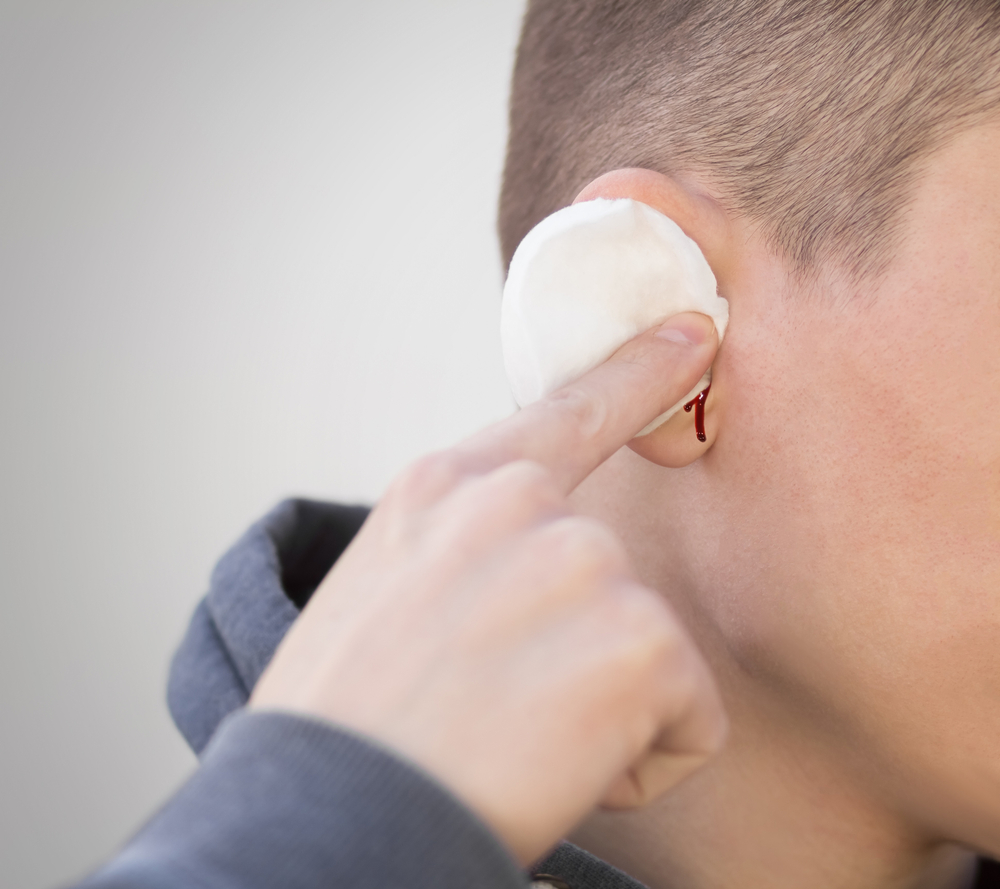These days, you do what’s right for your body. You exercise and try to eat right. Because of these lifestyle choices you live a healthier and more quality life.
But despite your efforts today, new studies suggest that what you ate as a kid may come back to haunt you.
Were you a picky eater? Or did you grow up in a home where proper nutrition wasn’t a priority or merely inaccessible?
Regardless of your control in the matter, it may impact you today more than you realize.
Pre-School Undernutrition Linked to Young Adult Hearing Loss
The study found that young children who didn’t receive adequate nutrition are twice as likely to suffer from hearing loss as early as their 20’s when compared to their peers.
Yes, you “heard” us right. We just said “20’s.”
It’s important to recognize that undernutrition isn’t synonymous with malnutrition.
An undernourished person doesn’t have access to enough food to meet daily nutritional needs.
The Study
Johns Hopkins Bloomberg School of Public Health looked at 2200 Nepali young adults.
Each of the participants had been involved in an earlier study when they were children, which gave researchers access to reliable data. That 3-year study assessed their nutrition at the time.
Hearing loss among young people is rampant in the country. The finding in this study helps researchers understand why. They now know that nutritional intervention at an early age is key to reducing hearing loss in the region.
They also found that young adults who were significantly underweight at the time of the later study were twice as likely to have hearing loss.
The Big Picture
In the US, we often associate hearing loss with either getting older or being in a very noisy occupation. We don’t often think of 20-year-olds losing their ability to hear.
But this is not the reality for many around the world. An estimated 80% of people with hearing loss live in low and middle-income countries where diets may be limited to just a few food items for most of the year. In Southeast Asia, as many as 1/3 of the population has hearing loss.
In the US
While it may not impact 1/3 of the US population, the United States is not immune. Children in the US can also be undernourished. An estimated 12% of households with children are food insecure. This means that they don’t know where their next meal will come from. In some of the poorer states like Mississippi, as many as 20% of households face this dilemma.
We are making huge strides nationally as this rate continues to drop. But this study shows us that irreversible damage may already be done. Understanding the lifelong impact of undernutrition may influence our decisions related to hunger prevention at an early age.
How Nutrition Impacts Hearing
Undernutrition can impact every aspect of a person’s health as they grow. In some cases, a nutrition deficit can be “made up for” if corrected as the child ages.
In other cases, a child may be permanently physically and mentally stunted. We most commonly associate this stuntedness with being much shorter than a well-nourished peer the same age.
You’ve probably heard that your body completely replaces its cells every seven years, which theoretically suggests that a person could fully recover from undernutrition as a child. This isn’t 100% true.
Hearing is one of the most susceptible to undernutrition because it involves cells that once dead, never heal, regenerate or grow back.
Inside your inner ear, you have microscopic hairs that sway and vibrate as sound enters the ear. These vibrations become signals which the brain can then interpret as specific sounds. If these little hairs aren’t receiving proper nutrition, they may not form properly and may die from lack of vital nutrients.
Children who were deficient in Vitamin B12, zinc and potassium may be at higher risk, as well as, children who overate salt. Sodium, commonly found in excess in processed foods, sandwich meat, and fast food, thickens the blood and can reduce circulation.
If you grew up in a household that was food insecure or otherwise didn’t get proper nutrition as a child, it’s important to start getting hearing tests early. If the undernutrition was severe, it’s never too early as we can see from the Nepali study.
There are very viable options to improve your hearing and your life at any age.



